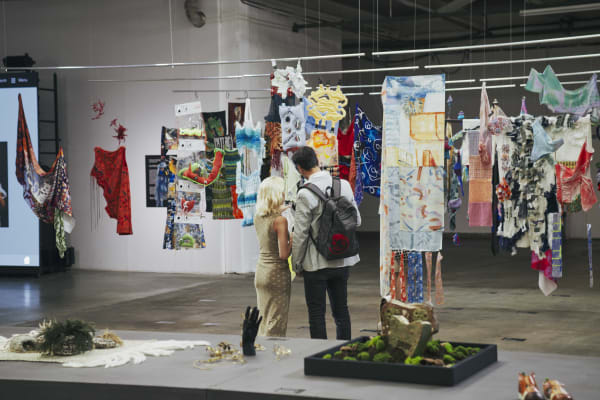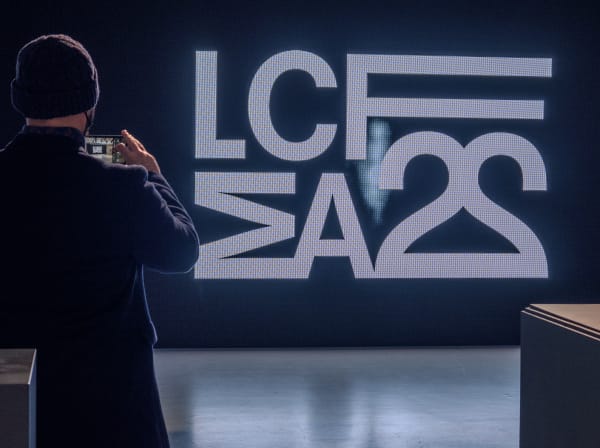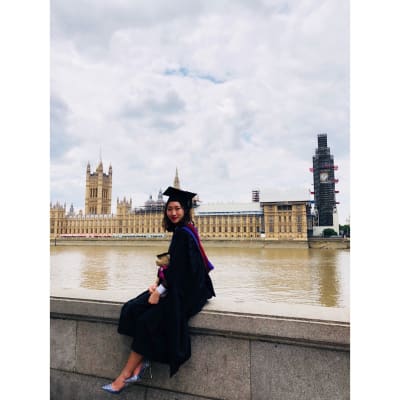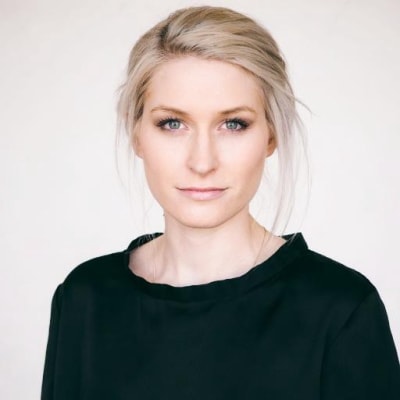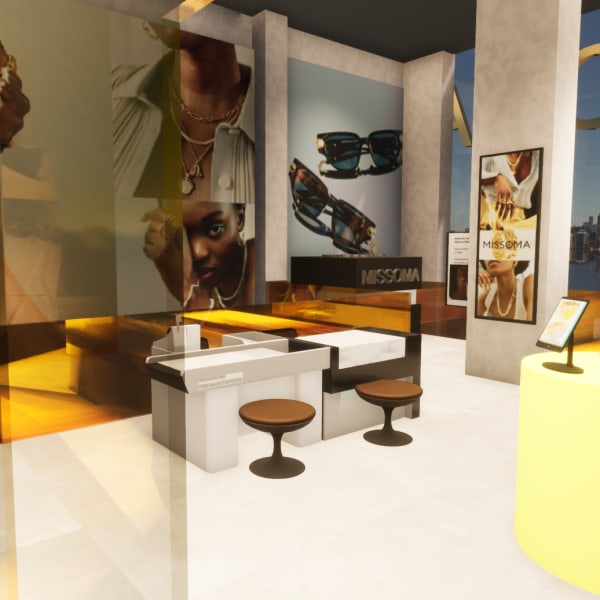Course units
Creative Retail Futures (20 credits)
Global fashion retailing is highly competitive and faces unprecedented disruption that demands creative and innovative approaches to problem solving and discovering or creating new opportunities. Retail leaders need to be critical, analytical yet future-focused thinkers to predict innovative ways of engaging with increasingly insistent fashion consumers. Through a future’s lens, this unit explores and critically examines innovative and creative strategies that enable fashion retail change. Leveraging experimental, experiential, innovation and technological perspectives you will apply theories to evaluate existing approaches and form new ideation on retail channels, touchpoints, places or spaces, both physical and digital. This unit demands independent work as well as teamwork in the development of the creative skills, attributes and knowledge retail leaders will need to acquire.
Retail Strategy and Operations (20 credits)
Retail has been, and continues to be transformed by digitalisation, and the gravity of recent rapid change has resulted in new business opportunities, business models, channel and touchpoint proliferation, purchasing process and retail formats. Together with the increasing demands of connected and empowered consumers, global fashion retailing today demands strong leadership with robust skills in retail strategy and operations: demonstrating agility, emotional intelligence, resilience, proactivity and openness in directing and managing the organisation.
This unit will develop your critical knowledge and understanding of retail strategy, business models and core retail operations, enabling you to analyse fashion retailers’ competitive strategies for growth in a turbulent environment. You will explore the global fashion retail landscape and systematically evaluate strategy development and implementation, retail product management, supply chains and logistics, people and financial management theory and practices. You will evaluate retail evolution and shifts towards more innovative and sustainable retail models and practices.
Brand Management (20 credits) (Cross Course)
Brands have become the central focus not only within marketing activity but throughout society, from a personal level to a global scale. Through our interconnected, fast-paced world, many scholars argue that we should no longer prioritise a product or service but instead create meaningful brands that transcend boarders, industries, and generations. Utilising a range of theories, you will explore all aspects of fashion brand management, from brand creation to strategies for growth, survival and sustainability and ethics, from a local and global perspective. You will evaluate the customer journey and how brands create value and experience for customers.
Advanced Research Methods (20 credits) (Cross Course)
Developing effective approaches to research is crucial for success in your Master's project (MAP) and in your wider career. In this unit you will start to develop and explore your individual research project in preparation for your MAP. You will start to build a theoretical framework for your project and isolate the purpose of the research through the development of a project aim and objectives. You will also decide the research philosophy and design you wish to implement for your MAP, developing a robust theoretically justified research proposal. In the process of developing your research proposal you will consider a range of research methodologies, methods and approaches, evaluating how you will utilise primary research tools effectively in your MAP.
Elective (20 credits) (see individual course handbook)
Students will have the opportunity to participate in an elective unit as part of this course. This is an opportunity for students to collaborate with students from other courses within the college.
The following is an example list of electives that have been previously delivered:
- Creative Decision Making for Fashion Enterprise
- Cultural Programming
- Fashion Politics and Cultures
- Fashion Practices for Social Change
- Fashion Together: Collaboration for Innovation
Please note:
- Elective unit titles and details of the unit may change year to year
- Elective units offered may change year to year, that is, unit listed above may or may not be offered in subsequent years
- Students participate in a bidding process for choosing electives and participation in any particular elective is not guaranteed
Advanced Retail Business (20 credits)
This unit builds on the already established foundation in fashion retailing from the Retail Strategy and Operations Unit, enabling you to practice your analytical skills in more depth to evaluate retail business strategies in different global contexts, such as digitally and internationally, as well as in different organisations, from large corporations to small or medium sized enterprises. The unit also provides the opportunity to choose a specialist direction, relevant to your scholarly interests and career aspirations. These specialisms may include international retailing, responsible retailing and sustainability or omnichannel and retail analytics.
Masters Project (60 credits)
The Masters Project is the final stage of your Masters’ course and is the culmination of your studies and provides you with a space to synthesise all the knowledge and skills you have gained on the course so far. Your project will be self-directed and you will negotiate the shape and direction of your project at the outset with your supervisor. This important final phase of your studies is where you will effectively communicate your work along with your ability to critically interrogate your practice with robust approaches to research and theoretical analysis. Upon completion of your project, you will have generated a high-level Masters’ quality piece of work that will showcase your practice, academic literacy and the professional standards that will act as a platform for your future career and professional development


